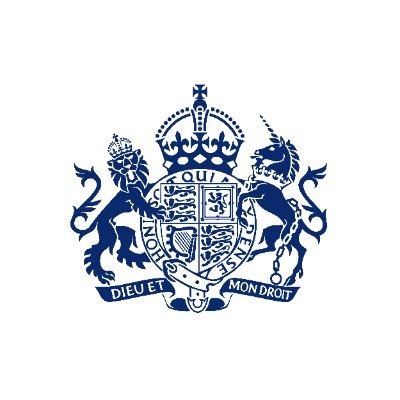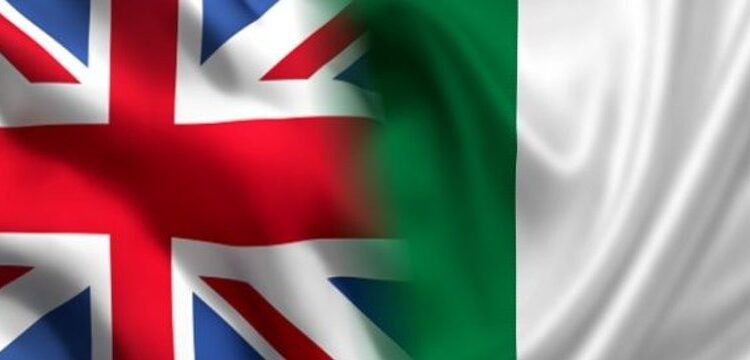The United Kingdom has expressed deep concern over Nigeria’s deteriorating security landscape, describing the situation as troubling.
UK High Commissioner to Nigeria, Richard Montgomery, made the remarks during a media briefing at his residence in Abuja on Wednesday. He linked the growing insecurity to regional spillovers from conflicts in Sudan and Niger.

Montgomery noted that the UK government is working closely with Nigeria’s Office of the National Security Adviser and is investing in security infrastructure to help address the challenges.
On visa-related issues, the envoy also raised concerns over rising cases of visa fraud in Nigeria, noting that such incidents have contributed to a recent spike in visa rejections. He urged applicants to submit accurate and verifiable documents to improve their chances of approval.
Despite the challenges, Montgomery reaffirmed the UK’s commitment to strengthening economic and trade relations with Nigeria through the Enhanced Trade and Investment Partnership (ETIP). He said the initiative covers sectors such as education, agriculture, financial services, clean energy, digital technology, and the creative industry.
Commenting on Nigeria’s economic outlook, Montgomery welcomed the recent World Bank report that signaled signs of recovery, describing Nigeria as an emerging hub for British investments.
He revealed that trade between Nigeria and the UK currently stands at £7.2 billion, and while exports of hydrocarbons from the UK to Nigeria have declined, he commended the growth in local Nigerian production.

As part of its trade incentives, the UK has introduced tariff-free exports on over 3,000 Nigerian goods, including cocoa, cashew nuts, prawns, and flowers.
On the issue of migration, particularly the influx of skilled healthcare workers to the UK, Montgomery said the UK is working to manage migration levels amid growing pressure. He noted that over 1.6 million people moved to the UK in the last two years, calling the trend unsustainable long term.
Still, he emphasized that Nigerians account for over 10% of recent UK visa approvals, indicating strong bilateral people-to-people connections between both nations.









